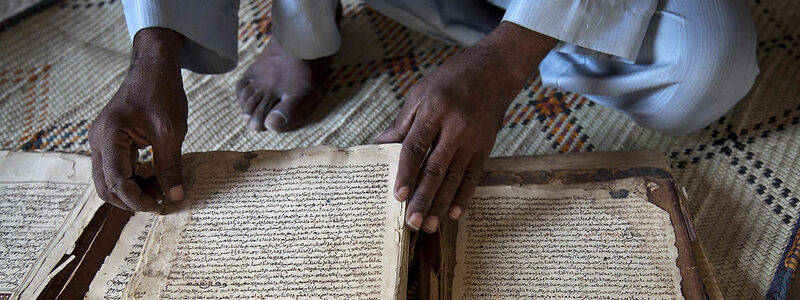This issue about abortion and women’s health in the French-speaking world was organized in the wake of the U.S. Supreme Court’s Dobbs decision, which overturned standing law to deny American women’s right to abortion. Since that decision, fourteen states have banned abortion outright; more than a half-dozen others have instituted narrow limits. Like Gisèle Halimi, whose defense at Bobigny in 1972 advanced the fight for abortion rights in France, we consider such prohibitions to be “law[s] from another age” that function as a “touchstone of women’s oppression.” [1] So we asked reviewers to reflect on works that consider the impact of the right to abortion– or, more precisely, the lack thereof– on women, girls, and others confronting unplanned pregnancy in French-speaking countries. What might all readers learn from such experience?
Aubrey Gabel inaugurates this issue by sketching the broad perspective elaborated in bandes dessinées, positioning graphic accounts of abortion within a wider corpus of graphic reflections on women’s bodies and gynecology. Her reflection on the fluctuating terrain of sexual politics, and the comparisons she draws between Anglo- and Francophone artists, illuminate almost three generations of graphic art about the bodies and psyches of cisgender, intersex, and trans women. This issue then takes up three films. Siri Suh positions Chadian director Mahamat Saleh Haroun’s Lingui: The Sacred Bonds within its sub-Saharan context, explaining what that film does and does not reveal about abortion access in the nation where the narrative unfolds, and elsewhere on the African continent. The film empathetically captures the stigma associated with abortion and the complexities of organizing safe termination of pregnancy but, Suh argues, is less acute in depicting the inequity of abortion prohibitions. For, in Africa as throughout the world, women of limited means are most affected by prohibition and most likely to suffer the physical, psychological, and economic mayhem of safely terminating unwanted pregnancies. Jacqueline Dougherty and Grace An write about recent films that return viewers to a France of more than fifty years ago, when abortion was not legally available. Jacqueline Dougherty compares Annie Ernaux’s L’événement/ Happening, a harrowing account of her struggle to end an unplanned pregnancy in the early ‘60s, with Audrey Diwan’s film based on that novel. Book and film focus on the trauma and isolation of confronting unplanned pregnancy but also insist on a woman’s right to sexual pleasure. Grace An introduces us to Blandine Lenoir’s Annie Colère, a fictional account of a working-class mother who turns to MLAC when facing a pregnancy she can ill afford but stays on to become an abortion provider herself. As An makes clear, the film recovers the spirit of care, alliance, and resistance that infused MLAC. An notes as well that Annie Colère has not been released in the U.S. because distributors had already acquired L’événement/ Happening. Apparently, the global film market can absorb numerous super-heroes but two French movies about abortion in a single year is too many. We hope this review will bring the film to the attention of more French viewers and encourage Americans to access and share it when possible.
All of the works discussed in this issue share a common concern with abortion access and the terrible costs of its prohibition in the French-speaking world. All of them celebrate, as well, their protagonists’ determination to recover bodily autonomy and the power of women’s alliances. It is our hope that this issue will not only illuminate the impact of abortion prohibitions in the French-speaking world over the past fifty years but foster reflection about its continuing physical, ethical, and psychic costs today. We encourage readers to consider how they might bring these works into classrooms or public screenings. Denying access to abortion denies women’s dignity and profoundly impairs our status as equal legal, economic, and political beings. In short, it is an affront to human rights.
[1] « une loi d’un autre temps »; « la pierre de touche de l’oppression qui frappe les femmes ». For the complete plea in the original French, see “Le procès de Bobigny : La cause des femmes. La plaidoirie de Me Gisèle Halimi,” La Grande Bibliothèque du Droit. https://www.lagbd.org/Le_proces_de_Bobigny_La_cause_des_femmes_La_plaidoirie_de_Me_Gisele_Halimi_(fr)
Reviews
- Drawing Vulnerable Bodies: Reproductive Health and Abortion Comics by Aubrey Gabel, Columbia University
- Desperately Seeking Abortion in Chad: Mahamat Saleh Haroun’s Lingui: The Sacred Bonds by Siri Suh, Brandeis University
- L’événement from Page to Screen: Annie Ernaux, Audrey Diwan and the Subversion of Patriarchal Authority by Jacqueline Dougherty, University of Pennsylvania
- L’Épanouissement in Annie colère: The Journey of a Movement by Grace An, Oberlin College
